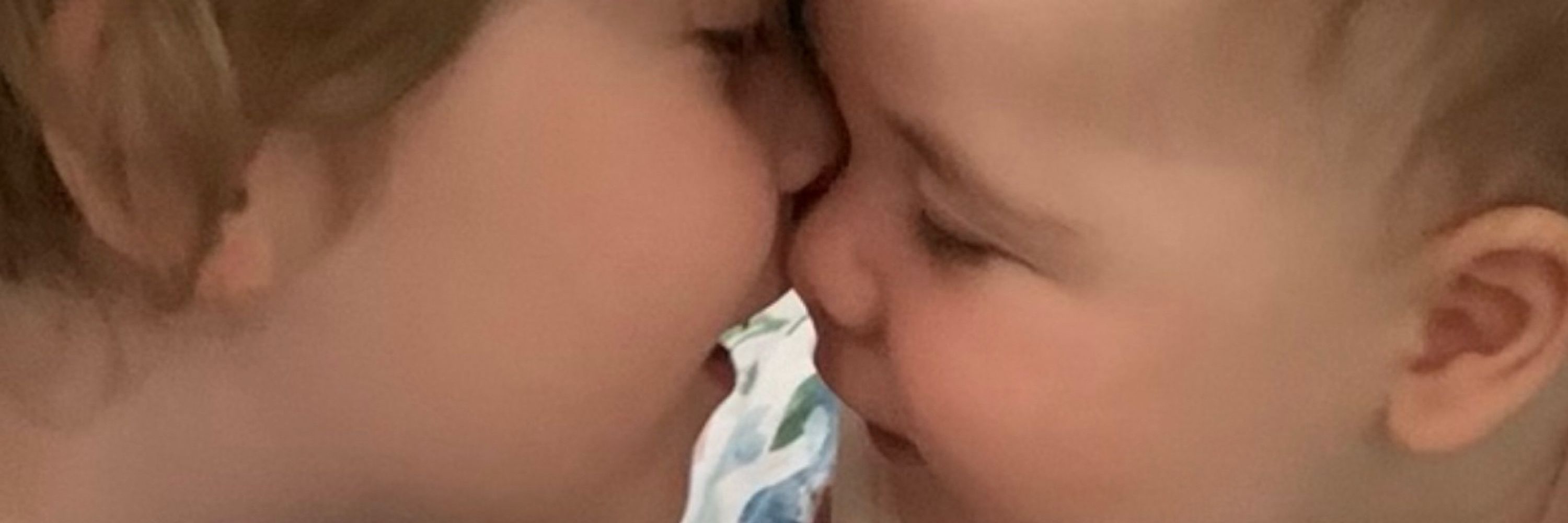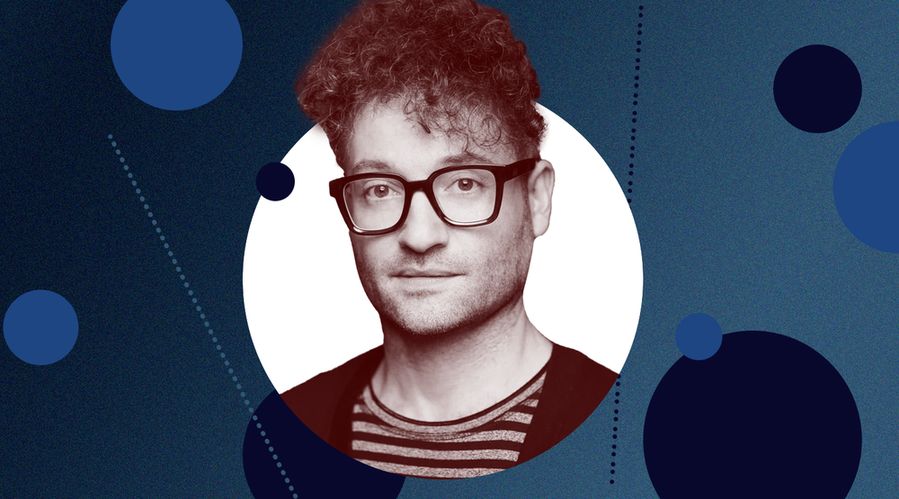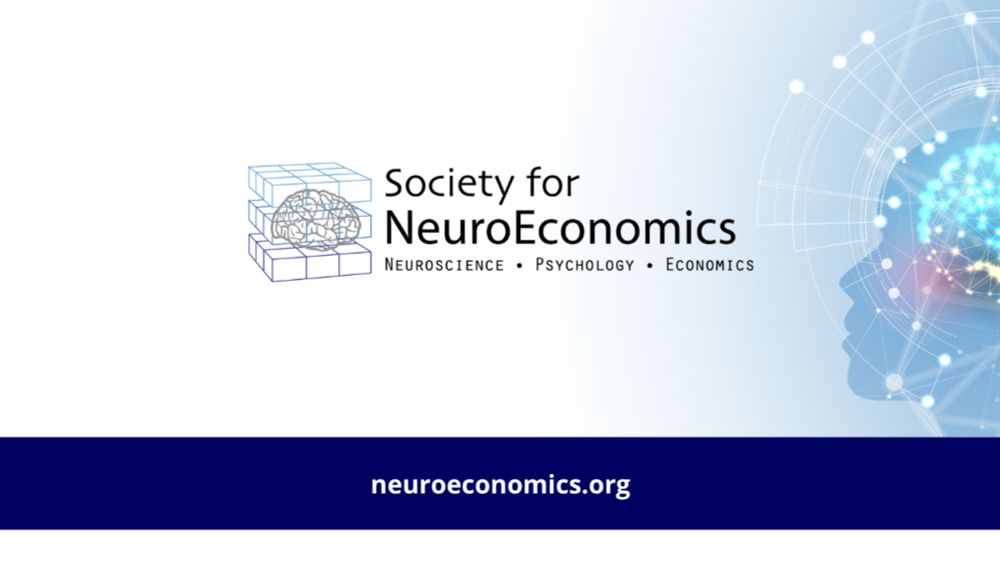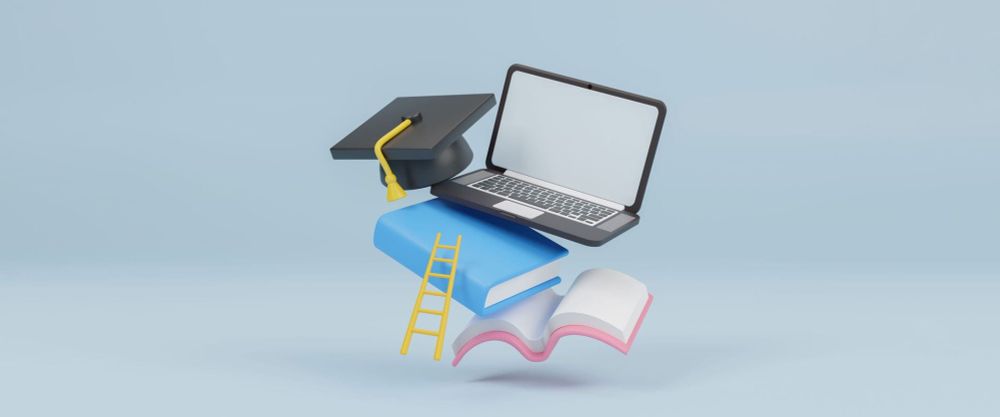
Economics + Applied AI, Prof at University of Chicago Booth School of Business. Formerly: Carnegie Mellon, UCSD, Northwestern.
Website: www.aleximas.com

I've always loved the essay format. It helps me explore ideas more formally w/o the 5 year publishing gauntlet.
Consider subscribing:
open.substack.com/pub/aleximas...
Links to all posts below:

Overall: 2026 is the year we will finally see real visible societal changes in response to AI. Discuss 3 reasons: agents, recursive science, continual learning.
open.substack.com/pub/aleximas...

For regular updates, please consider subscribing to the substack. Here is the link: aleximas.substack.com
Reposted by Paolo Crosetto, Sabrina Wulff Pabilonia, Peter Bergman

I review all of the studies and data that I can find and try to provide a synthesis.
A disagreement emerges: micro studies find positive benefits but these benefits are yet to show up in the macro data.
aleximas.substack.com/p/what-is-th... 🧵
Reposted by Alex Imas

(Following the very useful framework by Bohren, @instrumenthull.bsky.social @aleximas.bsky.social
(20/22)
Reposted by Alex Imas
It can't do an independent replication with new data, yet.

open.substack.com/pub/aleximas...

open.substack.com/pub/aleximas...

open.substack.com/pub/aleximas...

Revisiting the Lucas Critique in the age of Transformers.
open.substack.com/pub/aleximas...
Reposted by Alex Imas

Reposted by Alex Imas




I've read a lot of JDM (pic 2 related) and figured this would be a nice review of behavioral econ. It was that, but also such a great presentation w/ plenty I'd never seen- and I'm a sucker for anyone who praises Simon
Reposted by Alex Imas

buff.ly/PWYhkap
Reposted by Alex Imas




Reposted by Alex Imas

missed it? check out the recording on the @bcfginitiative.bsky.social youtube channel!
youtu.be/hH8UgQb-x4A
Reposted by Alex Imas

Reposted by Alex Imas

by Leonardo Bursztyn, @aleximas.bsky.social @rafaeljjd.bsky.social Aaron Leonard & Christopher Roth
Reposted by Alex Imas

behavioralscientist.org/behavioral-e...
Reposted by Alex Imas

The original (1992) version of this book changed my life -- it's the reason I study judgment and decision making. For a preview of the new edition, check out my Q&A w/ the authors t.co/n3ThOxpJak
Reposted by Alex Imas

Reposted by Alex Imas

📅 Thurs, Oct 23 | 4-5PM
📍 Huntsman Hall G06
📩RSVP: bit.ly/4nbI9EG
Reposted by Alex Imas

We are thrilled to have @amberalhadeff.bsky.social and @aleximas.bsky.social as the speakers for our neuroscience and social/decision science workshops
neuroeconomics.org/workshops/
Reposted by Alex Imas

Chicago Booth's @aleximas.bsky.social talks about perceptions of AI use in the classroom.
www.chicagobooth.edu/review/podca... #econsky


